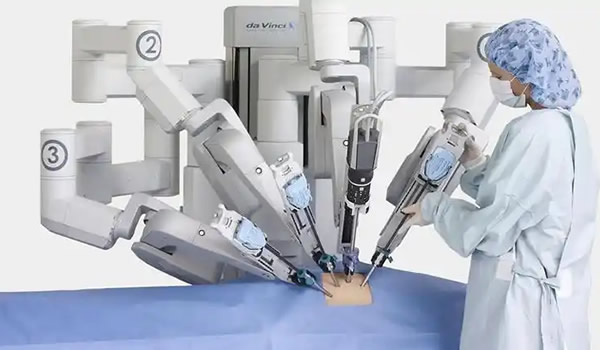Summary: The advent of medtech is revolutionizing healthcare services in Asia and globally. highlights the role of medtech in enhancing patient care, promoting health, and reducing costs.
Introduction
Medtech, or medical technology, is a rapidly expanding field that applies technological advancements to healthcare. Given the rising health concerns in Asia due to aging populations, chronic diseases, and the recent pandemic, medtech is more important than ever. Its role is equally significant globally, with medtech fostering numerous breakthroughs in diagnostics, therapies, and patient care.

What is Medtech?
Medtech refers to any technology, device, or system used to enhance or streamline healthcare. It includes a wide range of products like artificial organs, diagnostic tools, electronic records systems, telemedicine platforms, and more. Medtech aims to improve patient outcomes, reduce healthcare costs, and increase overall quality of life.
Applications of Medtech
Medtech is often associated with advanced applications such as robotic surgeries and gene editing. However, it also includes simpler technologies like wearables that track heart rate or blood glucose levels. In diagnostics, innovations like AI-driven imaging help detect diseases early. Telemedicine platforms allow remote patient monitoring, reducing hospital visits and enabling timely healthcare access.
Medtech's Impact
Medtech has the potential to significantly improve public health. It has been estimated that 40% of healthcare spending is wasted on inefficient care. Medtech, by streamlining processes and improving diagnostics, can help mitigate this loss. Furthermore, in Asia, where healthcare accessibility varies greatly, medtech can bridge gaps and improve healthcare delivery.
The Future of Medtech
While the benefits of medtech are significant, it's not without challenges. Ethical concerns about data privacy, the need for regulatory guidelines, and the high costs of some technologies are considerable issues. However, the ongoing research and developments promise to tackle these issues effectively, making medtech an integral part of future healthcare.
Key Takeaways
Medtech is transforming healthcare, offering improved patient care, effective diagnostics, and efficient services. Its potential is particularly significant in Asia, addressing healthcare disparities and promoting health equity. While there are challenges, the future of medtech is bright, promising more healthcare breakthroughs.
FAQs
1. What is an example of medtech?
Wearable fitness trackers are a simple example of medtech. More complex examples include robotic surgery systems.
2. Are there any risks associated with medtech?
While medtech offers numerous benefits, there are concerns related to data privacy and malfunctions of medical devices.
3. How does medtech benefit the general public?
Medtech improves healthcare accessibility, reduces costs, and enhances patient outcomes. It's a key tool in promoting public health.
Editor's Note
Remember, while medtech offers significant benefits, it's not a replacement for traditional healthcare. It's a tool designed to support and improve existing healthcare services. Always consult with healthcare professionals for any health-related decisions or concerns.
User Comments
G. Garcia: gave me clarity on something my doctor mentioned.
A. Walker: I appreciate how the risks and treatments are clearly laid out.
E. Walker: Finally found something reliable on this topic. Thank you!